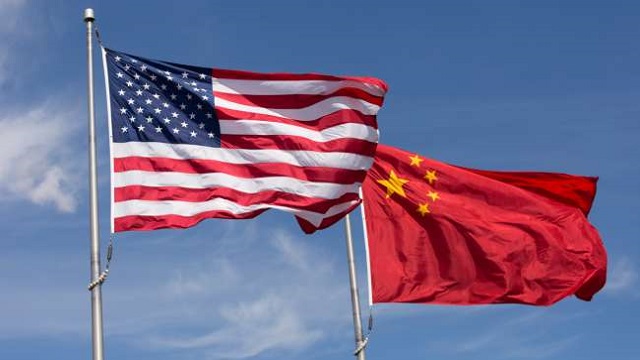China has stated that the recent tariff hikes imposed by the United States no longer make sense from an economic standpoint. The Chinese government argued that these tariffs, which were increased on various Chinese goods, have created negative effects not only on trade but also on global economic stability.
In a statement, a Chinese official explained that the tariffs have harmed businesses in both countries. He pointed out that US companies have faced higher costs for importing Chinese goods, and Chinese companies have had to deal with reduced demand in the US market. This has led to a decrease in trade between the two nations, which is not beneficial for either side.
The Chinese official emphasized that tariffs are a poor solution to trade issues. He stated that they do not address the root causes of trade imbalances and only disrupt normal business activities. Instead, China believes that both countries should work together through dialogue and negotiation to solve their trade differences. China has repeatedly called for the US to reduce or remove tariffs to help improve trade relations.
The tariffs were originally imposed by the US government during a trade war aimed at addressing issues such as intellectual property theft, unfair trade practices, and the trade deficit. However, China has argued that these measures have not solved the underlying problems and have only hurt the economies of both countries.
China also pointed out that the global economy is facing several challenges, including inflation and supply chain disruptions. The tariffs, according to China, have added unnecessary pressure on businesses and consumers in both countries. Removing the tariffs, China believes, would help reduce costs and support economic recovery.
In conclusion, China has urged the US to reconsider its approach to tariffs. The Chinese government believes that reducing these trade barriers will benefit both nations and help stabilize the global economy. By working together, China hopes that both countries can build a more cooperative and mutually beneficial trade relationship.







